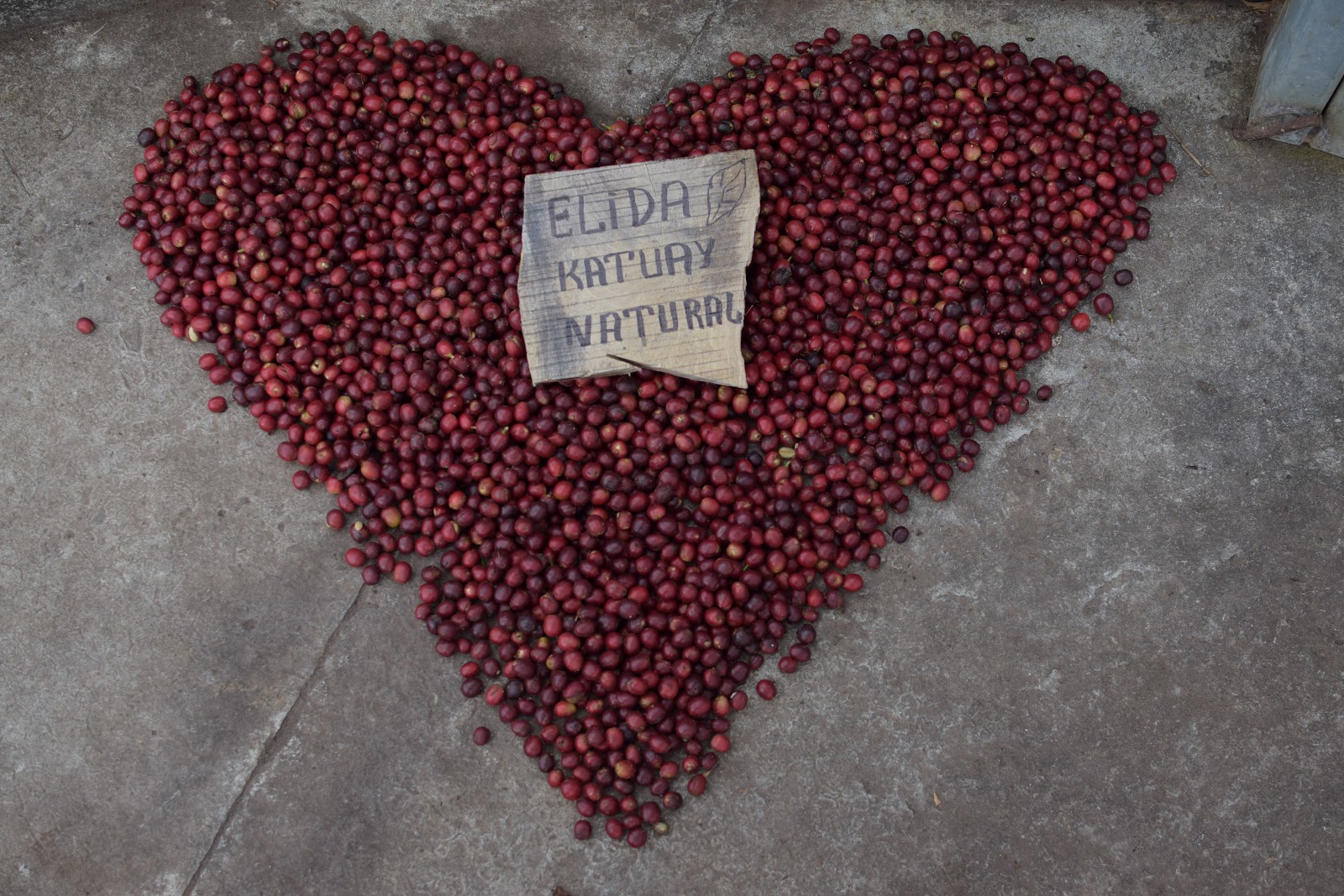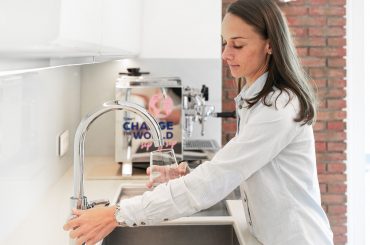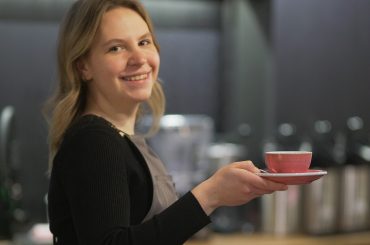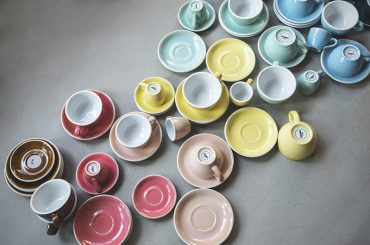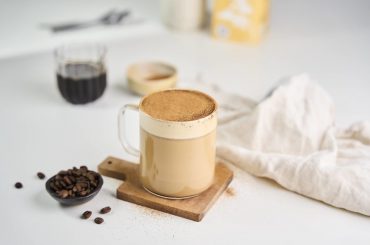You don’t have to be a coffee lover or work for several years in the industry to come across the term: ‘speciality coffee’. What does it mean? And are speciality coffees really so exceptional, do they deserve so much attention from both the consumer and the business owner?
To understand the importance and remarkable character of speciality coffees, you need to look at them within the context of all other coffees available on the market. Before coffee began to be a luxury commodity, for decades it was used solely as barter, like wheat, salt or petroleum. This happens also today, but apart from mass produced low-quality coffees, we have a choice, which we didn’t have earlier. This is where speciality coffee comes in, being in almost every aspect the opposite of ‘ordinary’ coffee, i.e. commodity coffee. What are the differences?
Price
For many people, price is the first thing which jumps to mind when thinking about speciality coffee. Since speciality coffee is exceptional, it surely must be expensive too? There is no simple answer to that question, because it is difficult to define at what point coffee starts to be expensive. However, there is one strict rule which states that you cannot get good coffee for peanuts, but you can massively overpay for a low-quality product. So when it comes to speciality quality coffee, we can be sure that every penny we spend on it will be reflected in quality. And the quality can be easily inferred from the packaging, since it gives very precise information about what is inside. This information contains coffee origin, growing altitude, coffee variety, type of processing, roast profile, flavour notes and quite often also a detailed history of the farm or family which produced the coffee thousands of miles away from here. All those nuances denote a luxury good and are justified by the price which clients are ready to pay at a coffee shop. So since there is demand, there needs to be supply as well. Of course, you can orient yourself by the price only and simply search for the most expensive coffee, but this is somewhat of a mine field: big companies produce coffees imitating a premium product, but their uniqueness comes down to the packaging.
Taste
Since the price stems from quality, the biggest differences between commodity and speciality coffee can obviously be found in the cup. Over 67% of global coffee is produced in 5 countries (Brazil, Vietnam, Colombia, India, Indonesia). So we don’t normally have a chance to appreciate the whole range of coffee flavours; and yet, in that respect, coffee is the most diverse food in the world. For most of us, coffee tastes of… coffee. But the moment you try, e.g. the beans from the Yirgacheffe region in Ethiopia, you see that coffee can taste like Earl Grey with lemon, smell like jasmine and have the texture of apricot juice. High quality Kenya will have the notes of rhubarb, strawberries, raspberries and berries; moreover, it will be sweet and creamy. You think it’s impossible? And yet! Coffee’s aromas and flavours are extremely varied, but in order to appreciate them, you first need to know where to look for them. Also, to really enjoy them, you need to be open and forget that you are drinking coffee. What we usually drink is a bitter and rather dull brew, meant primarily to stimulate us, that doesn’t give too us many sensory impressions.
Coffee is a fruit
So what is the origin of rose aroma, grape acidity or pineapple sweetness in coffee? Coffee is an agricultural product, a fruit, and its quality depends on many factors influencing the terroir, which we associate primarily with wine. The best farms sit high, often at over 6,500 feet above sea level. Coffee grows there in the shade, maturing very slowly. Coffee cherries are then meticulously hand-picked one by one and repeatedly sorted through in search for imperfections. Like any fruit, coffee is full of natural flavour notes: it combines a sweet, sour and bitter flavour. Thanks to that, speciality quality coffees are perfectly balanced, even fresh and juicy. When we think about a typical coffee sold at a supermarket or petrol station, all this sounds really peculiar. And yet, this is understandable, since large-scale, intensified coffee production is a standard in mass production. Such coffee grows at lower altitudes, and its harvest is fully mechanised. The aim is for the production to be efficient, even at the cost of coffee quality and flavour variety.
Coffee is people
This may sound like a pretentious slogan, but if we actually look at the prices on the commodity coffee market, we will understand that it’s sold below production cost. And yet, coffee doesn’t pop up just like that; it is the result of the farmers’ hard work. In these extremely difficult times, one of the means of survival is to produce high quality coffee. Thanks to that, you can sell it not for an artificial, non-market price, but on free market rules, for the price corresponding to the quality of the cup. Speciality coffee market proves that coffee is more than just beans in a pretty packaging. Behind all this, right at the beginning of the journey, is a farmer. Farmers work hard all year, and their efforts may be undermined by too much or too little rain or a pest infestation. So by buying coffee with a ‘soul’, from a reliable source, we help to grow local businesses, which are located far away, at the end of the world. Such farms are often far more eco-friendly, since their owners understand perfectly well that the quality of the product depends on soil and water quality and biodiversity of the whole ecosystem. The best farms in the world look like a wild forest, not a field with evenly spaced coffeas.
The farm, however, is just the beginning. This is where green coffee is produced; this coffee then needs to be roasted in order to become suitable for drinking. This process also is two-faced, depending on the quality segment we are talking about. Industrially produced coffee is typically dark roasted, which is intended to cover up imperfections in the raw material. As a result, coffee becomes even bitterer, it tastes burnt, has the notes of rancid fat, and it is hard to find any positive notes in it. Such coffee is produced in big factories, where the roasting process itself is mechanised and efficiency-oriented, which has a bearing on quality. However, if we have some exceptional raw material, it is worthwhile to roast it in a way that will bring out its characteristics. This is why speciality quality coffees are roasted lighter, which helps to preserve the potential developed on the farm. It is thanks to the combination of terroir and light roasting that we can enjoy floral, juicy or sweet caramel notes with all our senses. Speciality coffees are often roasted locally, in the neighbourhood, which lets us obtain a maximally fresh product, which is in that case crucial.
Coffee is a lifestyle
An exceptional product requires exceptional setting: packaging and preparation, eventually also serving at a coffee shop or restaurant. To exploit its full potential you need to have the knowledge and skills not only to satisfy, but also to fascinate your guests with the richness and variety of flavours. This is why thousands of different coffee brewing accessories, such as the Hario V60 Coffe Dripper, Chemex or Syphon Coffee Maker, are produced. They let you brew coffee in a spectacular way, making it a ritual. Precious materials and timeless design are what makes for the experience of handling an exceptional product. Obviously, speciality coffee comes down first and foremost to taste, so if you want to drink it quickly, it will give you just as much pleasure in the form of espresso or from a pour-over coffee maker. You will immediately tell the difference between speciality and ordinary, commercially produced coffee. As the coffee expert used to say: ‘Life is too short to drink bad coffee’ – and let’s stick to that!
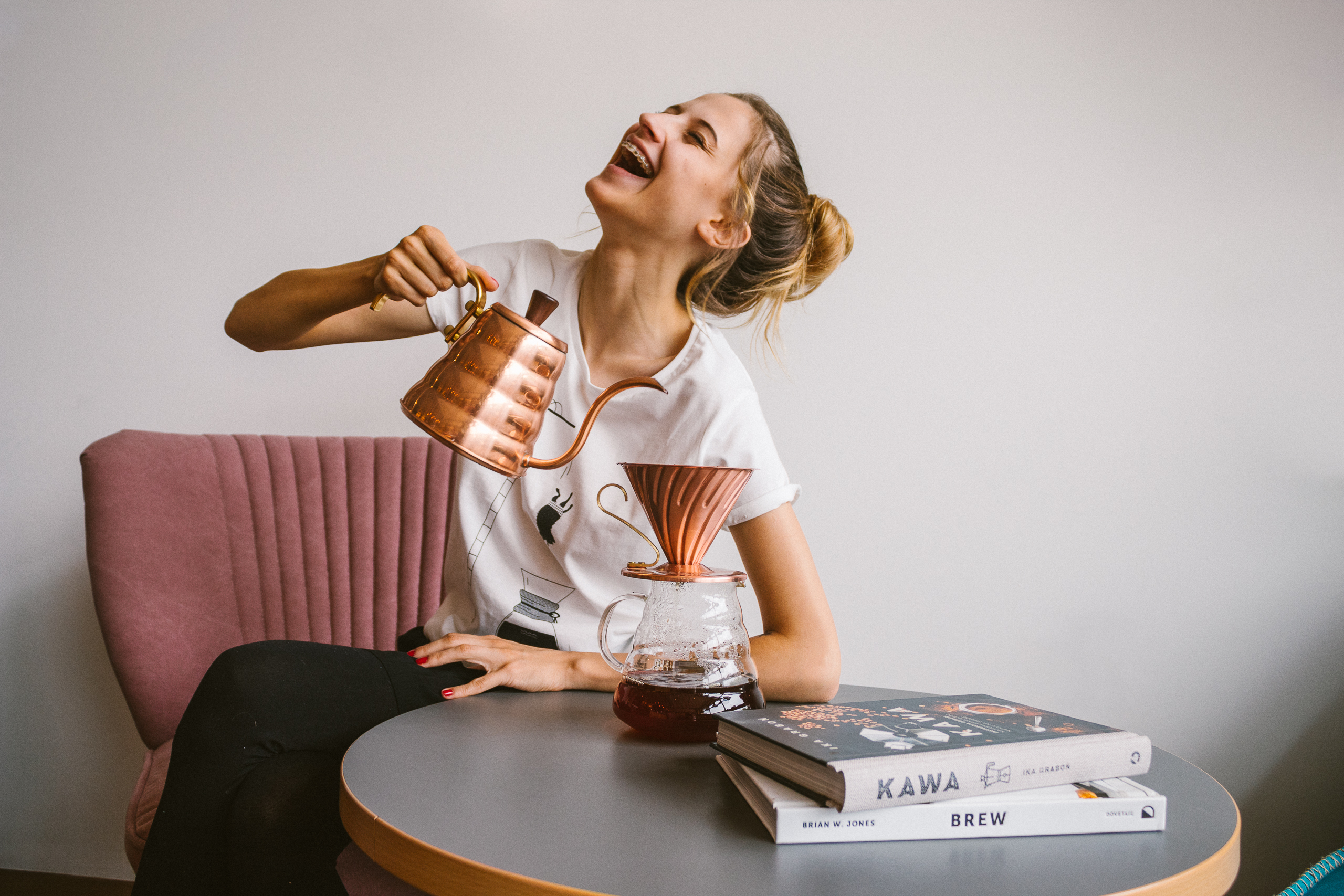
Coffee is you
So what are the benefits of having speciality quality on offer? Regardless of whether we are talking about a coffee shop, restaurant, hotel or bar, doing so will bring you the following advantages:
- Higher product quality: this is obvious and often used as a cheap advertising slogan. In this case, however, quality is tangible and reflected in each cup of coffee.
- Higher service quality: speciality coffee requires better knowledge and skills from those who make and serve it. Thanks to a well-thought-out training path, it is not only guests who will appreciate the taste, your involvement in product preparation and the story that comes with it. Employees also will be given opportunities for personal growth on a new career path that is both appealing and intriguing, and they will be encouraged to stay longer at a workplace offering such prospects.
- Consistent offer: fresh ingredients, local suppliers, experienced cooks, seasonal menu… Does this sound tempting and tasty? So why should coffee be an exception to the rule and come from an industrial supplier, from an unknown source, be 6 or more months after roasting and be brewed without an even rudimentary knowledge? A meal at a restaurant is as good as its weakest link, which is usually coffee, served at the very end. So let’s see to it that its quality matches that of all other menu items.
- Image: being experts in our domain, we can build the trust of our guests, show them the great and varied world of coffee which they can experience only at our place. By doing so, we build a base of loyal customers who will become the best ambassadors for our premises.
- Turnover: higher prices translate into higher profits. Of course, higher quality entails higher costs, but a margin on speciality coffee can exceed that of an industrial product: you only need to act smart. The number of speciality coffee shops in the world has multiplied over the last decade. In Poland alone, you can now drink coffee from the highest quality beans in cities such as Olsztyn, Dębica, Płock or Legnica. In large metropolitan areas, speciality coffee is a standard. Even the biggest global coffee shop chains have noticed this trend and they are now trying to weave its elements into their offer. Big players are very good at counting, so if also they have decided to enter this new territory, known as speciality quality, this proves that doing so will pay off also on a smaller scale.
You can be searching for pros and cons for hours. One thing is certain: today, coffee tastes best in its history. So if we have access to a great product and can please our guests even more, and, moreover, make money out of it, why wait?
Sources:

